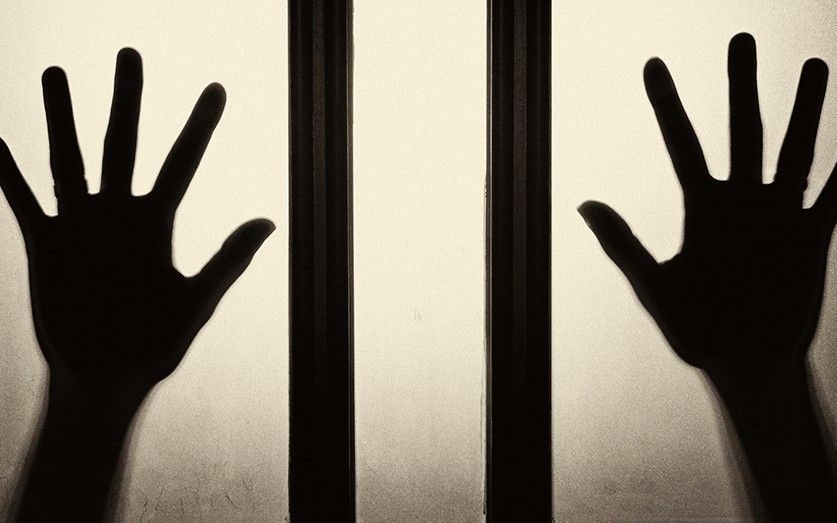FOX NEWS: Ambassador Callista Gingrich: Ending human trafficking must be a global priority for us all
By Callista L. Gingrich is the U.S. ambassador to the Vatican, FOX NEWS
For over four years, Karla Jacinto estimates that she was raped over 40,000 times. Abandoned at 12, she fell prey to a pimp in Tenancingo, Mexico, who through brutality and coercion forced her into prostitution. At 15, Karla’s newborn daughter, conceived through rape, was taken from her as she continued to be threatened by her enslavers. Karla was finally liberated at 16 as the result of an anti-trafficking operation.
More than 25 million men, women and children worldwide are victims of human trafficking. These victims, like Karla, are often lured with false promises by people they trust and forced into prostitution, domestic servitude and other forms of modern slavery.
The United States is committed to ending this horrific practice. President Trump has pledged to bring the “full force and weight” of the U.S. government to combat this “epidemic.”
Secretary of State Rex Tillerson said in the 2017 Trafficking in Persons Report: “Human trafficking is one of the most tragic human rights issues of our time. It splinters families, distorts global markets, undermines the rule of law, and spurs other transnational criminal activity.”
Last September Tillerson announced a $25 million award from the State Department to the Global Fund to End Modern Slavery. Congress has since appropriated an additional $25 million to this cause.
As the U.S. ambassador to the Holy See, I am devoted to doing all that I can to combat human trafficking. The United States and the Holy See share a common commitment to this endeavor.
In February I spoke at the Santa Marta Conference in Rome, where law enforcement leaders from the United States and around the world joined Catholic clergy and others to exchange best practices in fighting modern slavery.
I highlighted U.S. federal law enforcement’s victim-centered approach, which has made a significant impact both on criminal prosecution and survivor recovery. The victim-centered approach ensures that trauma experts, who understand the psychological and physical manifestations of human trafficking, work directly with law enforcement to support survivors.
An example of this approach is Operation Safe Haven, which has led to the arrest of dozens of traffickers from Mexico and Central America. The program is run by Homeland Security Investigations – the investigative arm of the U.S. Department of Homeland Security.
The victim-centered approach of Operation Safe Haven has been used to stabilize and provide care for the survivors. Because of the brave testimony provided by the victims of trafficking, all of the arrested perpetrators were convicted on human trafficking charges.
It is crucial that law enforcement continue to develop strong and enduring partnerships with nongovernmental organizations and faith-based organizations that are on the front lines of survivor support.
Both Homeland Security Investigations and the FBI have established victim assistance positions within major field offices nationwide that coordinate operations with victim service providers. Over 300 nongovernmental organizations and faith-based organizations are also engaged in this endeavor.
Catholic shelters also play a crucial role in survivor care and recovery. I had the privilege of meeting with survivors during my recent visit to Casa Rut in Caserta, Italy. In the last two decades, hundreds of migrant women have found refuge and support at this shelter managed by Ursuline nuns.
Following her visit to the Vatican last year, Senior Adviser to the President Ivanka Trump met with trafficking survivors from Nigeria and the Horn of Africa, whom she called “a testament to strength, faith, and perseverance in the face of unspeakable adversity and challenge.”
When Karla Jacinto escaped her captivity, she entered a local shelter in Mexico where she received “the help, care, time, attention and love that I needed,” as she told members of the U.S. Congress. In 2015, Karla told her story to Pope Francis.
Today Karla travels around the world to raise awareness of human trafficking and modern slavery. Her recovery is a testament to the importance of putting victim support front and center in this fight.
No single government can end the global scourge of human trafficking. Governments, nongovernmental organizations, faith-based organizations and survivors must work together to eradicate this horror.

About the author